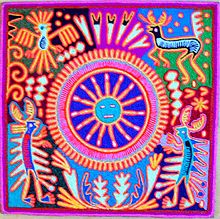Definitions

Drugs, in the context of prohibition, are any of a number of psychoactive substances whose use a government or religious body seeks to control. What constitutes a drug varies by century and belief system. What is a psychoactive substance is relatively well known to modern science. Examples include a range from caffeine found in coffee, tea, and chocolate, nicotine in tobacco products; botanical extracts morphine and heroin, and synthetic compounds MDMA and Fentanyl. Almost without exception, these substances also have a medical use, in which case it is called a Pharmaceutical drug or just pharmaceutical. The use of medicine to save or extend life or to alleviate suffering is uncontroversial in most cultures. Prohibition applies to certain conditions of possession or use. Recreational use refers to the use of substances primarily for their psychoactive effect outside of a clinical situation or doctor's care.
In the twenty-first century, caffeine has pharmaceutical uses. Caffeine is used to treat bronchopulmonary dysplasia. In most cultures, caffeine in the form of coffee or tea is unregulated. Over 2.25 billion cups of coffee are consumed in the world every day. Some religions, including The Church of Jesus Christ of Latter-day Saints, prohibit coffee. They believe that it is both physically and spiritually unhealthy to consume coffee.
A government's interest to control a drug may be based on its perceived negative effects on its users, or it may simply have a revenue interest. Great Britain prohibited the possession of untaxed tea with the imposition of the Tea Act of 1773. In this case, as in many others, it is not substance that is prohibited, but the conditions under which it is possessed or consumed. Those conditions include matters of intent, which makes the enforcement of laws difficult. In Colorado possession of "blenders, bowls, containers, spoons, and mixing devices" is illegal if there was intent to use them with drugs.
Many drugs, beyond their pharmaceutical and recreational uses have industrial uses. Nitrous oxide, or laughing gas is a dental anaesthetic, also used to prepare whipped cream, fuel rocket engines, and enhance the performance of race cars.
Comments
Post a Comment